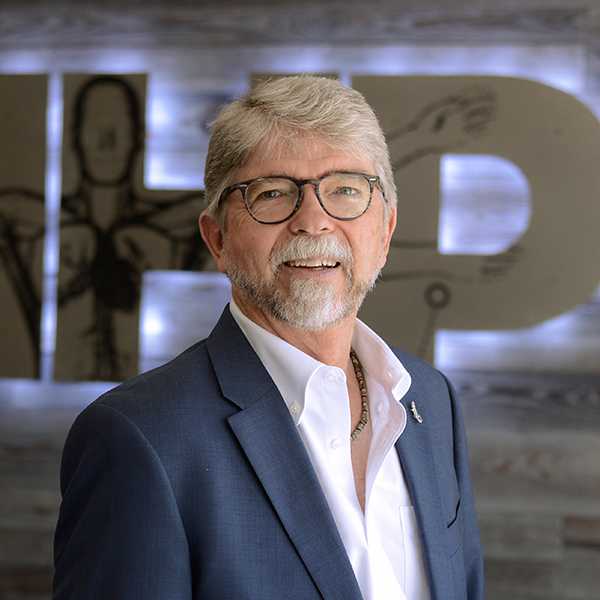
Meet Michael Reid, Ph.D.
Dean, Professor
Education
- Administrative fellowship; Academic Leadership Development Program, Southeastern Conference Academic Consortium (2009-2010)
- Research fellowship; Harvard University, Boston, MA (1981-1983)
- Research fellowship; UT Southwestern (1980-1981)
- Ph.D., Physiology; University of Texas Southwestern Medical Center at Dallas (UT Southwestern), Dallas, TX (1980)
- B.S., Biology; University of Texas at Arlington, Arlington, TX (1974)
Mailing Address
FLG 200
P.O. Box 118200
Gainesville, FL 32611-8200
Biography
Michael B. Reid, Ph.D. is Professor of Applied Physiology & Kinesiology and Dean of the College of Health and Human Performance at the University of Florida. Dr. Reid is recognized for his research on the redox mechanisms that underlie muscle weakness and fatigue.
His research team was the first to demonstrate that skeletal muscle produces reactive oxygen species, the first to identify nitric oxide as an endogenous modulator of muscle contraction, and the first to demonstrate that oxidative stress plays a causal role in human muscle fatigue. He has maintained an unbroken record of NIH funding for over a quarter century and has published over 120 scientific articles.
As an educator, Dr. Reid has taught numerous courses at the undergraduate, graduate, and professional levels. He has directed training programs supported by the National Institutes of Health at two separate institutions and has mentored the research of over 100 junior scientists. These include 28 pre- and post-doctoral trainees, many of whom are now pursuing successful academic careers.
Among his professional activities, Dr. Reid has chaired two standing NIH study sections, was a founding investigator in NASA’s National Space Biomedical Research Institute, was associate editor of Physiological Reviews, and served on the board of directors of the American Thoracic Society. He currently is a consulting editor for Journal of Applied Physiology and sits on the editorial board of Antioxidants & Redox Signaling.